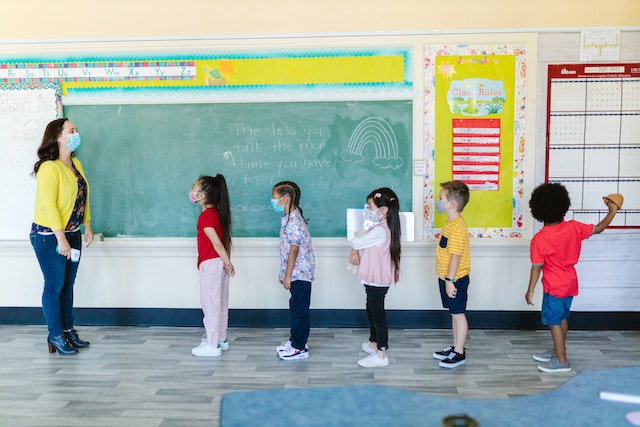Teaching children about discipline is a crucial part of their upbringing.
Discipline is not only about punishing children for bad behavior but also about teaching them how to make better choices and become responsible adults.
In this article, we will discuss how to teach children about discipline and how to be calm and consistent.
Define Clear Expectations
One of the most important aspects of discipline is setting clear expectations.
Children need to know what is expected of them and the consequences of their actions.
Parents should set age-appropriate expectations and explain them clearly to their children.
Use Positive Reinforcement
Discipline is not only about punishment but also about rewarding good behavior.
Positive reinforcement can be a powerful tool for encouraging good behavior.
Parents should praise their children for their accomplishments and good behavior, and offer rewards for meeting expectations.
Be Calm and Consistent
When it comes to discipline, it is essential to be calm and consistent.
Parents should avoid yelling or using physical punishment, which can lead to negative outcomes.
Instead, they should remain calm and use a firm but respectful tone of voice.
Consistency is also critical in discipline.
Parents should be consistent in their expectations and consequences, so children know what to expect.
Inconsistency can lead to confusion and frustration, which can undermine discipline efforts.
Use Natural Consequences
Natural consequences can be a powerful way to teach children about the consequences of their actions.
For example, if a child refuses to wear a jacket on a cold day, they may become cold and uncomfortable.
This natural consequence can help the child learn the importance of wearing appropriate clothing.
Teach Problem-Solving Skills
Discipline is not only about correcting bad behavior but also about teaching children how to make better choices.
Parents should teach their children problem-solving skills, such as identifying the problem, brainstorming solutions, and evaluating the outcomes.
Conclusion
Teaching children about discipline is a crucial part of their upbringing.
Parents should set clear expectations, use positive reinforcement, be calm and consistent, use natural consequences, and teach problem-solving skills.
Discipline is not only about correcting bad behavior but also about teaching children how to make better choices and become responsible adults.
By using these strategies, parents can help their children develop self-discipline and make positive choices.


